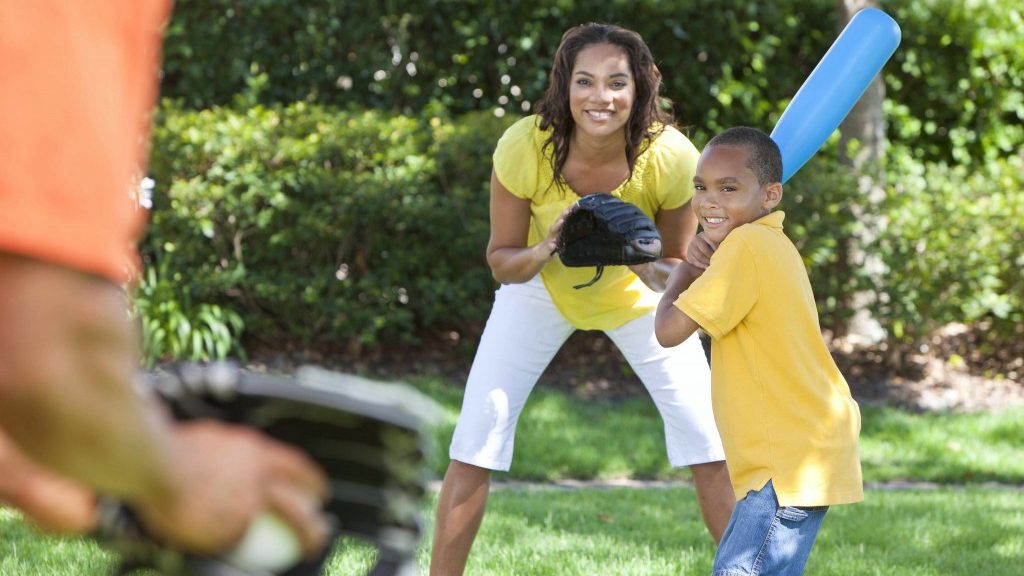-
Health & Wellness
Mayo Clinic Q and A: Safety tips for hot weather exercise

Dear Mayo Clinic: Our family loves to exercise outdoors. With summer coming, I want to make sure our family stays safe. What advice do you have for staying hydrated and avoiding issues while working out in the heat?
Answer: Exercising in hot weather puts extra stress on your body. If you don't take care when exercising in the heat, you risk serious illness. The exercise, as well as the air temperature and humidity, can increase your core body temperature.
Regardless of the activity, if you exercise outdoors in hot weather you will want to take precautions to prevent heat-related illnesses.
- Watch the temperature.
Pay attention to weather forecasts and heat alerts. Know what the temperature is expected to be for the duration of your planned outdoor activity. In running events, there are flag warnings that correspond to the degree of heat and humidity. For example, a yellow flag requires careful monitoring, and races are canceled in black flag conditions. - Get acclimated.
If you're used to exercising indoors or in cooler weather, take it easy at first when you exercise in the heat. It can take at least one to two weeks to adapt to the heat. As your body adapts to the heat over time, gradually increase the length and intensity of your workouts. - Know your fitness level. If you're unfit or new to exercise, be extra cautious when working out in the heat. Your body may have a lower tolerance to the heat. Reduce your exercise intensity and take frequent breaks.
- Drink plenty of fluids.
Dehydration is a key factor in heat illness. Help your body sweat and cool down by staying well-hydrated with water. Don't wait until you're thirsty to drink fluids. If you plan to exercise intensely, consider a sports drink as well as water. Sports drinks can replace the sodium, chloride and potassium you lose through sweating. Avoid drinks with excessive sugar and alcoholic drinks because they can actually promote fluid loss. - Dress appropriately.
Lightweight, loose-fitting clothing helps sweat evaporate and keeps you cooler. Avoid dark colors that can absorb heat. If possible, wear a light-colored, wide-brimmed hat. - Avoid midday sun.
Exercise in the morning or evening, when it's likely to be cooler outdoors. If possible, exercise in shady areas or do a water workout in a pool. - Wear sunscreen.
A sunburn decreases your body's ability to cool itself and increases the risk of skin cancer. - Have a backup plan.
If you're concerned about the heat or humidity, stay indoors. Work out at the gym, walk laps inside the mall or climb stairs inside an air-conditioned building. - Understand your medical risks.
Certain medical conditions or medications can increase your risk of a heat-related illness. If you plan to exercise in the heat, talk to your health care provider about precautions.
Most importantly, if you are exercising outdoors, pay attention to your body temperature to reduce the risk of serious heat-related conditions, including heatstroke — when your body temperature is greater than 104 F (40 C). Measuring core body temperature with a rectal thermometer is essential to accurately determine the degree of heat injury. An oral, ear or forehead thermometer doesn't provide an accurate temperature reading for this purpose.
Signs and symptoms of heat-related illness are varied but may include muscle cramps, nausea or vomiting, fainting, dizziness or headache, excessive sweating, low blood pressure, and vision problems.
If you begin to experience any issues, stop exercising immediately and get out of the heat. It is imperative to lower your body temperature and hydrate right away. You may place cool, wet towels or ice packs on your neck, forehead and under your arms; spray yourself with water from a hose or shower; or sit in a tub filled with cold water. Drink fluids, such as water or a sports drink. If you don't feel better within about 20 minutes, seek emergency medical care.
Heat-related illnesses are largely preventable. By taking some basic precautions, your exercise routine doesn't have to be sidelined when the heat is on. — Mayo Clinic staff, Rochester, Minnesota
Related Articles







